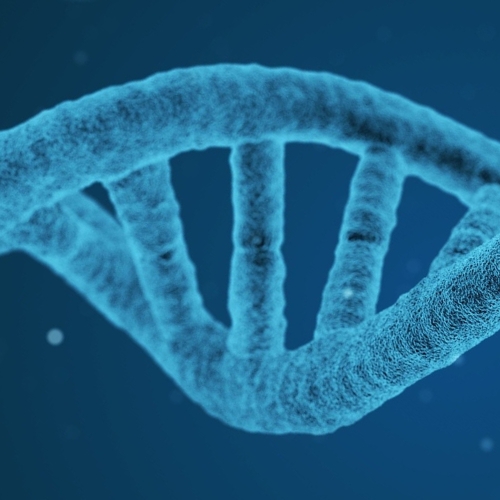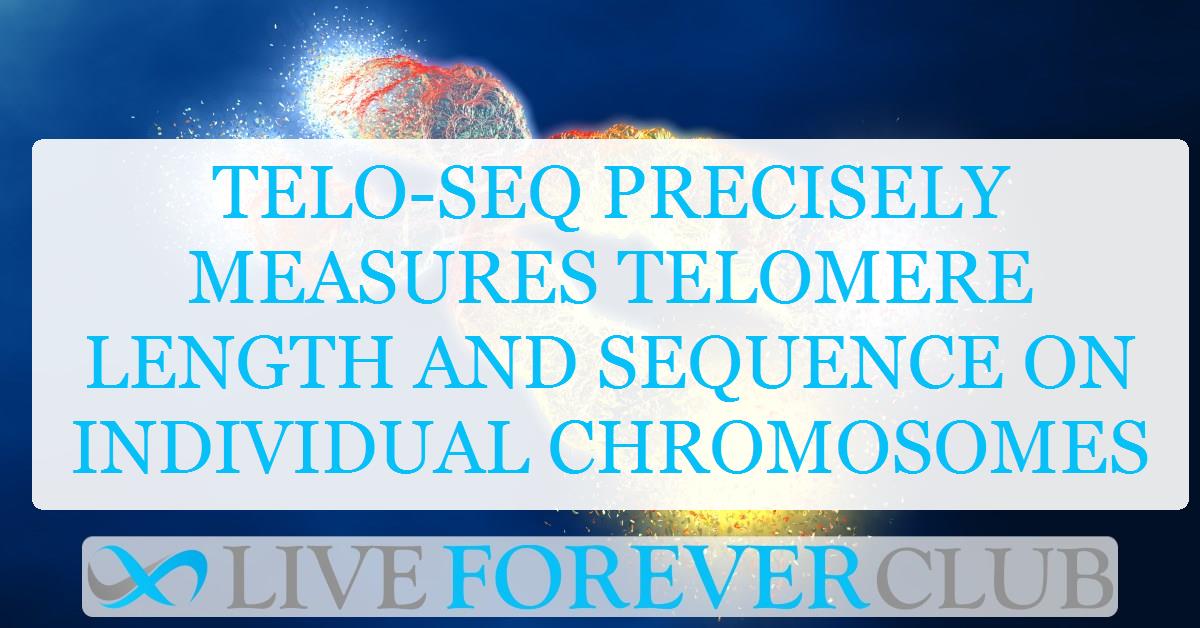Key points from article :
Salk Institute scientists developed Telo-seq, a new method for precisely measuring the length and genetic sequence of telomeres, the protective caps on our chromosomes that shorten with age.
Unlike previous techniques, Telo-seq can analyse individual telomeres on each chromosome, revealing that they can have different lengths and shortening rates within the same person.
This discovery suggests that factors like stress and inflammation may affect telomere dynamics differently in various body tissues and cell types, potentially influencing ageing and disease processes.
Telo-seq can also help understand telomere-related diseases, such as certain cancers, by determining whether they are inherited or linked to specific chromosomes, leading to more targeted treatments.
The tool can distinguish between two types of cancer cells based on their telomere repair mechanisms, allowing for faster diagnosis and personalised treatment plans.
Published in Nature Communications, Telo-seq promises to revolutionise telomere research, offering new insights into human development, ageing, and diseases like cancer.







